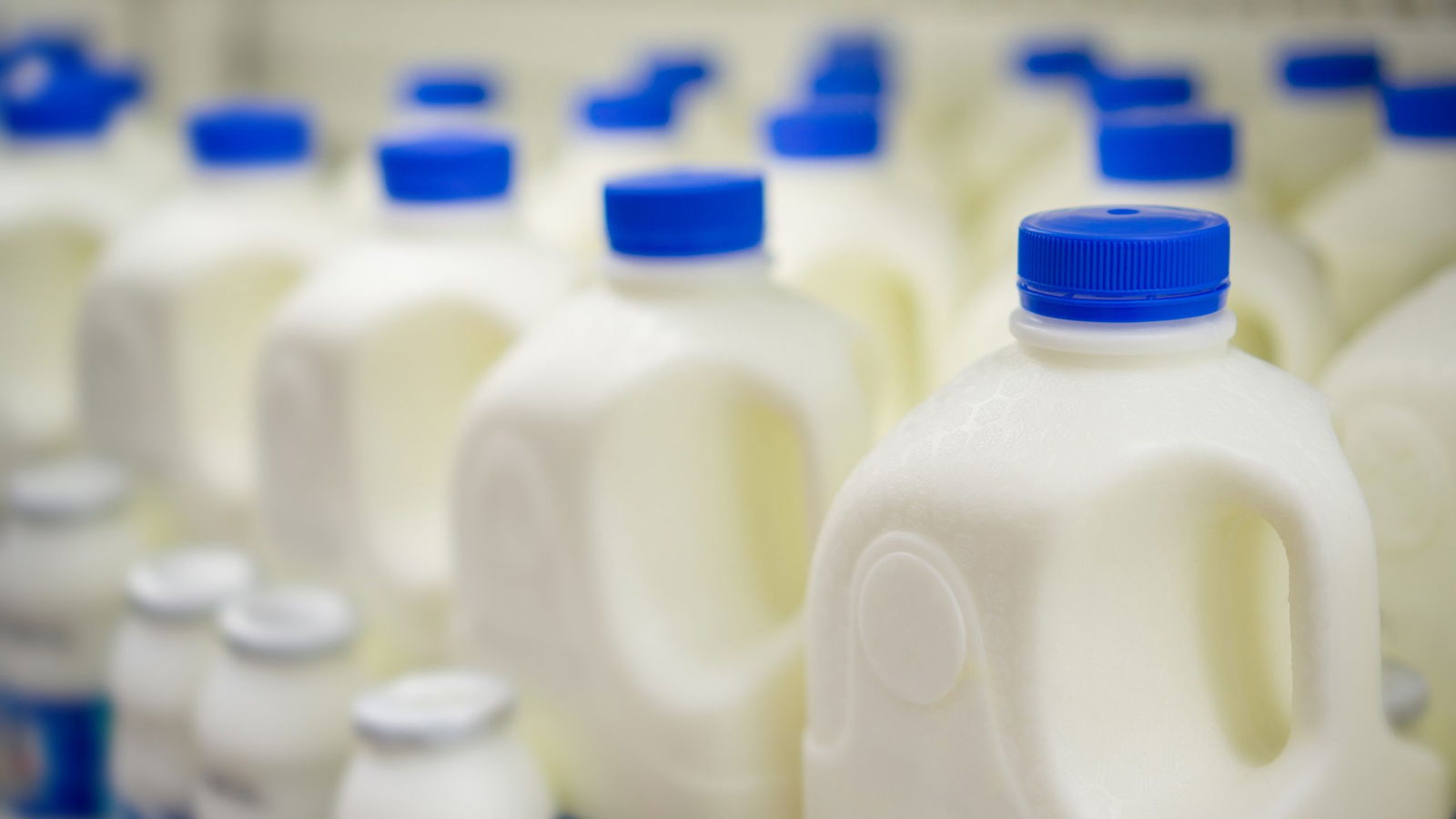Articles / Cow’s milk vs formula – recommendations have changed


writer
Research Fellow, University of Sydney School of Public Health, University of Sydney
The latest guidance from the World Health Organization (WHO) recommends formula-fed babies can switch to cow’s milk from six months. Australian advice says parents should wait until 12 months. No wonder some parents, and the health professionals who advise them, are confused.
So what do parents need to know about the latest advice? And when is cow’s milk an option?
Last year, the WHO updated its global feeding guideline for children under two years old. This included recommending babies who are partially or totally formula fed can have whole animal milks (for example, full-fat cow’s milk) from six months.
This recommendation was made after a systematic review of research by WHO comparing the growth, health and development of babies fed infant formula from six months of age with those fed pasteurised or boiled animal milks.
The review found no evidence the growth and development of babies who were fed infant formula was any better than that of babies fed whole, fresh animal milks.
The review did find an increase in iron deficiency anaemia in babies fed fresh animal milk. However, WHO noted this could be prevented by giving babies iron-rich solid foods daily from six months.
On the strength of the available evidence, the WHO recommended babies fed infant formula, alone or in addition to breastmilk, can be fed animal milk or infant formula from six months of age.
The WHO said that animal milks fed to infants could include pasteurised full-fat fresh milk, reconstituted evaporated milk, fermented milk or yoghurt. But this should not include flavoured or sweetened milk, condensed milk or skim milk.

Australian government guidelines recommend “cow’s milk should not be given as the main drink to infants under 12 months”. This seems to conflict with the updated WHO advice. However, WHO’s advice is targeted at governments and health authorities rather than directly at parents.
The Australian dietary guidelines are under review and the latest WHO advice is expected to inform that process.
Iron is an essential nutrient for everyone but it is particularly important for babies as it is vital for growth and brain development. Babies’ bodies usually store enough iron during the final few weeks of pregnancy to last until they are at least six months of age. However, if babies are born early (prematurely), if their umbilical cords are clamped too quickly or their mothers are anaemic during pregnancy, their iron stores may be reduced.
Cow’s milk is not a good source of iron. Most infant formula is made from cow’s milk and so has iron added. Breastmilk is also low in iron but much more of the iron in breastmilk is taken up by babies’ bodies than iron in cow’s milk.
Babies should not rely on milk (including infant formula) to supply iron after six months. So the latest WHO advice emphasises the importance of giving babies iron-rich solid foods from this age. These foods include:
You may have heard that giving babies whole cow’s milk can cause allergies. In fact, whole cow’s milk is no more likely to cause allergies than infant formula based on cow’s milk.
The latest WHO recommendation that formula-fed babies can switch to cow’s milk from six months could save you money. Infant formula can cost more than five times more than fresh milk (A$2.25-$8.30 a litre versus $1.50 a litre).
For families who continue to use infant formula, it may be reassuring to know that if infant formula becomes hard to get due to a natural disaster or some other supply chain disruption fresh cow’s milk is fine to use from six months.
It is also important to know what has not changed in the latest feeding advice. WHO still recommends infants have only breastmilk for their first six months and then continue breastfeeding for up to two years or more. It is also still the case that infants under six months who are not breastfed or who need extra milk should be fed infant formula. Toddler formula for children over 12 months is not recommended.
All infant formula available in Australia must meet the same standard for nutritional composition and food safety. So, the cheapest infant formula is just as good as the most expensive.
The bottom line is your baby can safely switch from infant formula to fresh, full-fat cow’s milk from six months as part of a healthy diet with iron-rich foods. Likewise, cow’s milk can also be used to supplement or replace breastfeeding from six months, again alongside iron-rich foods.
If you have questions about introducing solids your GP, child health nurse or dietitian can help. If you need support with breastfeeding or starting solids you can call the National Breastfeeding Helpline (1800 686 268) or a lactation consultant.![]()
Karleen Gribble, Adjunct Associate Professor, School of Nursing and Midwifery, Western Sydney University; Naomi Hull, PhD candidate, food security for infants and young children, University of Sydney, and Nina Jane Chad, Research Fellow, University of Sydney School of Public Health, University of Sydney
This article is republished from The Conversation under a Creative Commons license. Read the original article.
![]()

Allergen Introduction – Practical Tips for GPs

Oral Contraception Update

What do we do With High Triglycerides?

An Update on Heart Failure in Primary Care

writer
Research Fellow, University of Sydney School of Public Health, University of Sydney

Very overestimated
Moderately/slightly overestimated
Quite accurate
Moderately/slightly underestimated
Very underestimated
Listen to expert interviews.
Click to open in a new tab
Browse the latest articles from Healthed.
Once you confirm you’ve read this article you can complete a Patient Case Review to earn 0.5 hours CPD in the Reviewing Performance (RP) category.
Select ‘Confirm & learn‘ when you have read this article in its entirety and you will be taken to begin your Patient Case Review.
